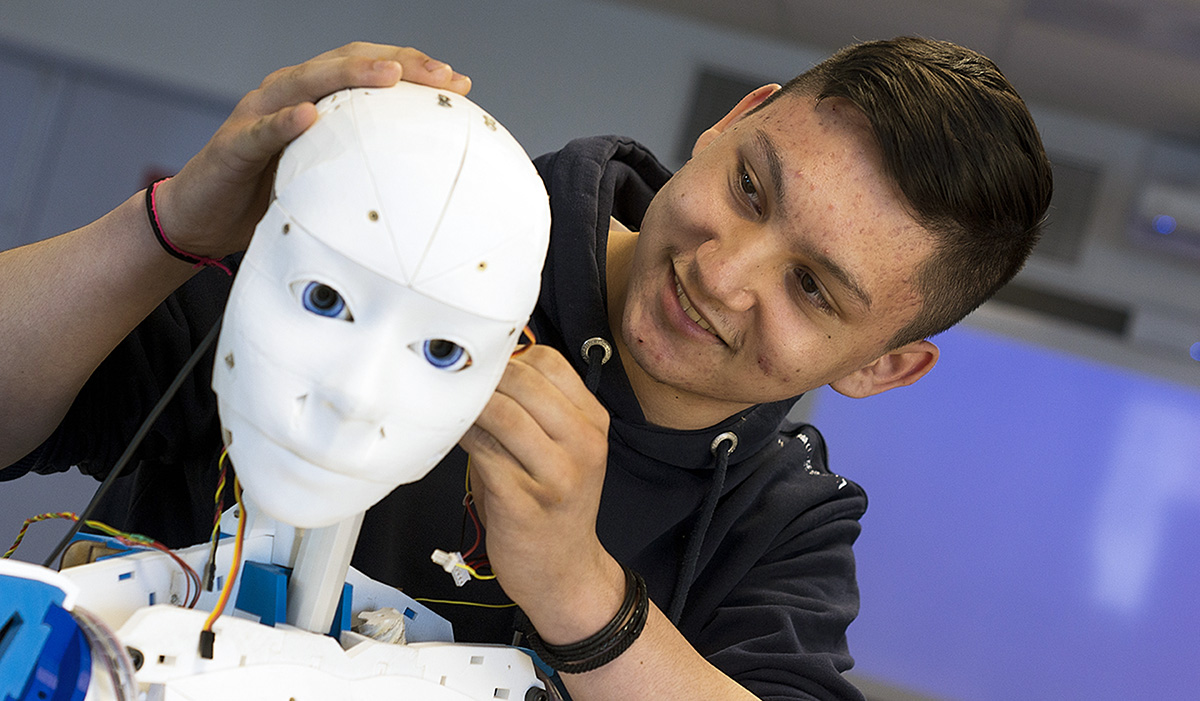No matter the phase of your engineering postgraduate application, other candidates like you want the chance to get into the school and program of their dreams. Truth be told, there is no magic formula to make it but there are some guidelines you could follow while you figure out your next steps.
Applying for your top engineering programme isn’t impossible, but it definitely comes with its challenges, especially if you’re thinking of studying abroad. To make the process easier, here’s how to successfully apply to the engineering program of your dreams.
Identify the “Dream”
A dream university, a dream degree, a dream job. They all sound so overwhelming and perhaps unattainable. Nonetheless, when we talk about a “dream” future in engineering, it shouldn’t be generic or traditional out of generational reputation only. Picking the right school and degree should be right for you and only you based on these essential points:
- Does it align with my values and moral compass?
- Does it serve my personal as well as professional project in the long run?
- Does it keep up with the latest worldwide issues and technologies?
- Does it offer a safe space to experiment with creativity and innovation?
- And most importantly… Does my instinct feel comfortable picking it?
But you can’t answer these questions without supporting your decision with the right research.
Research is Your Best Friend
Research is another way of showing your subconscious self who’s in control. Especially as an engineer, your choices are niche and very specialized, and with the social pressures that could be unconsciously holding you back, targeted research into your program options will help eliminate these insecurities or at least lessen the negative impact of your own pejorative projections on yourself.
For instance, ESiLV engineering school in Paris is the only engineering school in France to include a true transversal approach throughout its programme with 11 majors in total and 9 among them taught in English. An excellent choice if you’re interested in studying abroad and experiencing a life-long learning impact. In the ESILV Master’s in engineering, you can explore:
- Financial engineering & Quantitative finance
- Actuarial science
- Fintech
- IoT & Security
- Data & Artificial Intelligence
- Modeling & computational mechanics
- Industry 4.0
- Energy and sustainable cities
- Health Engineering & Biotechnology
- Cybersecurity
- Creative Technology
Tip: Check for parties that will support your application process along with the admissions office effort of the schools you’re applying for. Whether it’s via Erasmus, or Campus France, don’t be afraid to ask all the necessary questions that answer your initial concerns.
Get an Honest Recommendation Letter
Even though not all engineering schools require one for a master’s degree, having one is an added value to the admission jury. Getting a recommendation letter from someone in a high rank is definitely impressive but it’s always better to get a letter from someone who knows you best. It can be your superior, a professional you’ve worked with closely on a project, or in case you have no previous graduate experience, get in touch with a teacher who taught you a subject you liked and saw what sparks joy in you and how you’ve grown and acquired both your soft and hard skills over the years.
Prepare, Apply, Stay Hopeful
“By failing to prepare, you are preparing to fail.” Prepare your paperwork, test scores, resume, and calculate your finances to not add any additional stress factors to your application process. Don’t exclude any extracurricular activities, especially as an engineer, your future graduate school will be curious to see how you grew as a person, how well you work in teams, and what topics interest you and motivate you to develop your hands-on experience. Apply early, but not hastily just for the sake of applying. Submit your applications before deadlines as it will help you be perceived as someone who hasn’t made a last-minute decision. This helps you stand out from other candidates. Stay hopeful; the competitive nature of college admissions is an important reminder to stay positive and believe in oneself during the application process. If you keep the end result in mind and keep focusing on what you want to accomplish both in the title and in the role, it will all be worth it especially if you’ve applied for an engineering school that is both credible and reliable in what it offers as well as in its accreditations.
ESILV has been authorized, since 2003, by the French engineering accreditation institution (Commission des Titres d’Ingénieur) to issue the title of qualified engineer graduated of Léonard de Vinci School of Engineers. This authorization, has been renewed, in 2019, for a duration of 6 years
How to Apply
Admission requirements
ESILV looks for students with a background in engineering and the physical sciences. Applicants must meet the following minimum requirements:
- 3-year undergraduate degree or 180ECTS or equivalent in engineering or the physical sciences.
- IELTS 6.5 or equivalent (Native English speakers, and those who have previously graduated from a programme taught in English, are exempted)
Application process
Admission to ESILV programmes is selective. Selection is based on academic excellence, study projects, personal achievements, international awareness, and the willingness to contribute to ESILV’s learning environment. Candidates will be evaluated first on their application documents and secondly on their performance during the online interview.
All applications to programmes at ESILV must be made on the online application portal where they will be evaluated by the admissions team and by the course director.
A dream degree leads to a dream career. Let’s help you make it a reality!







